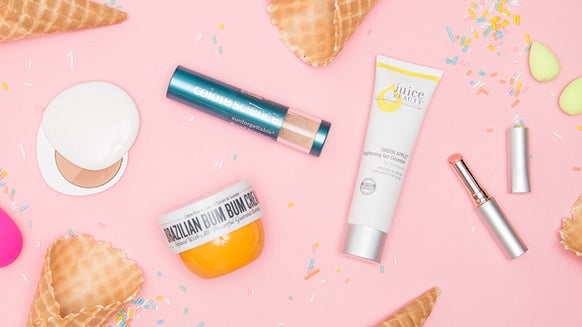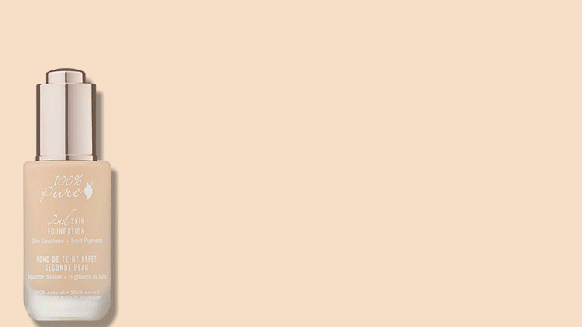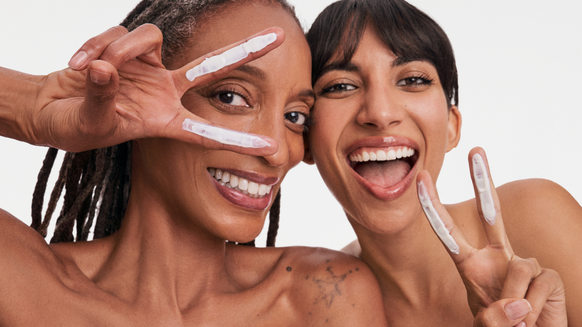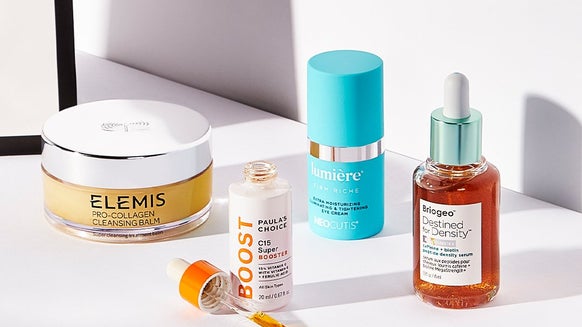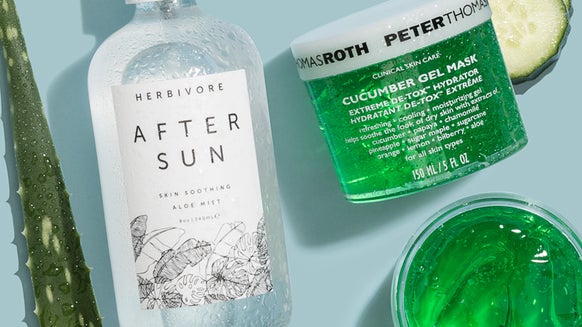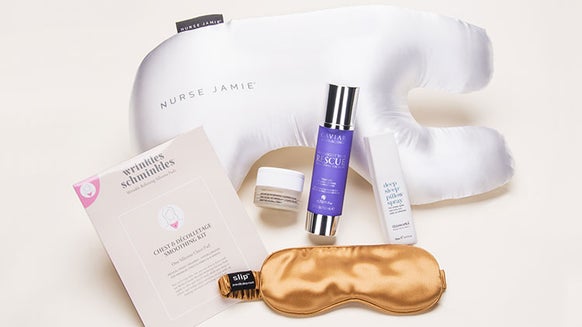How to Choose the Right Foundation for Mature Skin (Plus Our Top 8 Picks)
Ringing in the new year always leaves everyone hopeful and excited for the days ahead, but the prospect of discovering new lines and wrinkles leaves much to be desired. While you can’t fully stop aging in its tracks, having mature skin doesn’t mean smooth and radiant skin is already a thing of the past. Much like tweaking your daily regimen to address your skin’s needs, a little adjustment to your makeup routine—starting with your foundation—can ensure that aging gracefully isn’t only reserved for Hollywood stars.
“As we get older, our skin has a harder time retaining moisture. This is the reason why most mature women have skin that looks dried and cracked,” explains Sandy Taylor, editor at Foundation Fairy.
“Mature skin is different from the skin of folks in their 20s and 30s. Menopause plays a role,” says beauty chemist David Pollock. “The traditional foundation you used when you were younger is too heavy and can actually accentuate wrinkles and clog pores.”
How to Choose the Right Foundation
As signs of aging become more prominent with time, it’s important to choose makeup products that not only hide your flaws, but also provide skin care benefits. When choosing the best foundation for mature skin, Pollock says to keep an eye out for ingredients like hyaluronic acid and antioxidants like green tea, vitamin C, pomegranate and CoQ10 as these will help keep your skin moisturized and protected from free radicals. He also adds that peptides have been “clinically proven to help firm the skin and minimize the appearance of wrinkles.”
Which Type Is Best for Mature Skin
The best foundation for mature skin is one that “melts into your skin” and creates a natural-looking finish, says celebrity esthetician and author Lora Condon. “This doesn’t mean it has no coverage but that it looks flawless—like your own skin. Liquid, cream or baked silicone foundations work best and provide full coverage when layered,” she explains.
For areas that are harder to cover, Taylor suggests using a lightweight foundation and combining it with a moisturizing concealer instead of layering foundation heavily. “For really dry skin, consider choosing an oil-based foundation to lock in moisture,” she adds.
As for which type of foundations to steer clear from, freelance makeup artist and event personality Hillary Kline says it’s thick or loose powder foundations. “I have noticed that when you use these products, they tend to settle into the creases and make lines more visible,” she explains.
How to Apply for Best Results
To prevent dryness and keep your foundation from caking, keeping skin moisturized is key, says Kline. “Never apply foundation to unmoisturized skin. If you have dry skin, make sure you exfoliate ahead of time,” she adds.
Board-certified dermatologist Nancy Satur also suggests using an antimicrobial and latex-free blending sponge to make sure your liquid foundation is applied evenly. “They may provide a softer and less irritating application for mature or sensitive skin as compared with synthetic brushes,” says Satur.
Ready to switch to a foundation that’s perfectly suited for mature skin? We’ve rounded up our favorites below!

Janeca Racho is a Journalism graduate with over 15 years of writing experience. After getting her start in public relations and advertising, she made the switch to freelance writing and began working for various lifestyle, fashion, and travel brands. Her love for all things skincare has led her to beauty reporting and research for the last ten years. Writing for several hair and beauty blogs, she reports on anti-aging staples, trending brands and products, must-have ingredients, and health and wellness.
